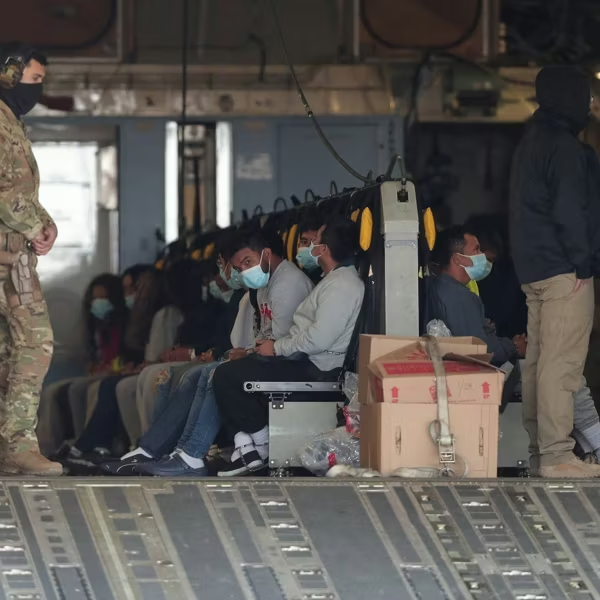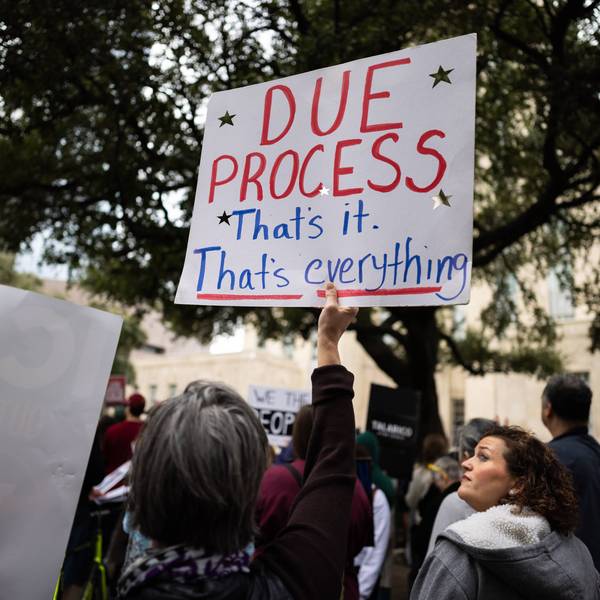Adding to increased tensions between the US and Karzai governments this week is a report by an Afghan investigative commission charging prisoners held at US facility have been subject to inhumane and humiliating treatment.
The Associated Press reports today:
Detainees interviewed during two visits to the U.S.-run portion of the prison outside Bagram Air Base north of Kabul complained of freezing cold, humiliating strip searches and being deprived of light, according to Gul Rahman Qazi, who led the investigation ordered by Karzai.
Another investigator, Sayed Noorullah, said the prison must be transferred to Afghan control "as soon as possible," adding that "If there is no evidence ... they have the right to be freed."
The report follows a request on Thursday from the Karzai government that the Bagram detention facility be handed over to full Afghan control. Today's report put new emphasis not only on the conditions of the prison, but put into play the lingering questions of what constitutes legal detention when a nation's own legal system is subordinate to an occupying force after ten years of war and internal conflict. From AP:
The escalating dispute could also threaten delicate negotiations the U.S. and Afghanistan for a strategic partnership deal that could leave a small American security force after most foreign troops withdraw in 2014. The status of detainees is a key unresolved issue in the talks.
According to Qazi, U.S. officials at the prison said they have delayed turning over about 90 percent of the estimated 3,000 detainees held at the prison near Bagram because it fears the suspected militants are too dangerous to be released, as they likely would have to be under Afghanistan's judicial system.
Officially, U.S. and Afghan militaries jointly run the facility, but the Afghan side controls a small portion with about 300 detainees whose cases are slated to be tried by Afghan judiciary. The U.S. military runs the larger portion of the prison.
Qazi, who led the ad hoc investigation of the Independent Commission for Overseeing the Implementation of the Constitution, said U.S. prison officials told only 300 of the nearly 3,000 detainees had legal cases against them.
He said he was told that that 2,700 others were suspected Taliban who were captured using intelligence that could not be used in a court.
###



